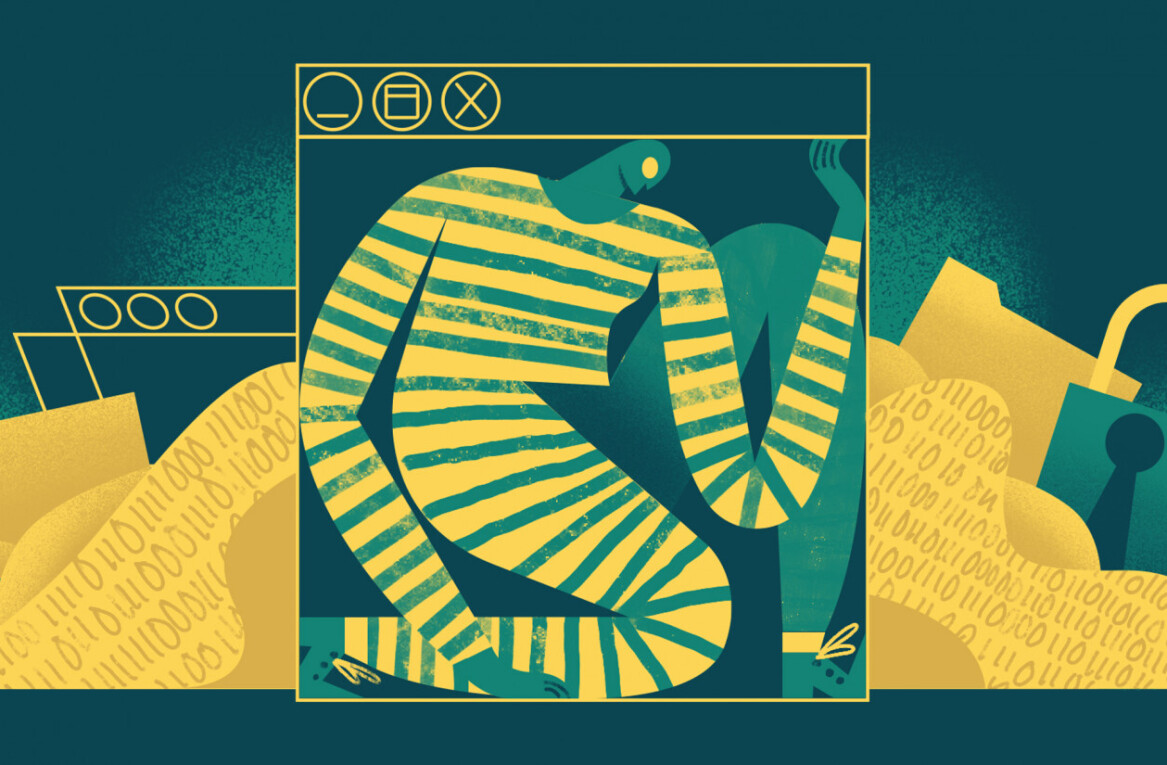
Are you an Airbnb host? An Ebay seller? Or Uber driver? Increasingly the answer to one of those, supplementing the name of any ‘sharing economy’ service, is likely to be yes.
In the context of this, Airbnb welcomed its four millionth guest in the UK yesterday with the launch of a report in collaboration with Sharing Economy UK that shows exactly what we’re missing if we don’t measure this kind of work as part of the economy.
The pair call on the government, specifically in the UK but applicable wherever services like these are changing the way we do business, to include sharing in its official labor and economic statistics. No easy task.
How do you measure a swap?
Measuring micro-transactions on platforms like TaskRabbit is one thing, but consider how you might measure the value of LoveHomeSwap, given that money doesn’t actually change hands.
I’m a runner with an organization called GoodGym that gets users to get fit, while doing good – which helps out local projects and visits vulnerable members of the community.
While no one who takes part is doing it because they want recognition, this is likely saving the local council money, particularly welcome as government services are cut back.
And this conversation takes place while the UK government, at least, says productivity has sunk to its lowest ever levels. No wonder if many people’s work and many transactions, paid or not, simply aren’t being counted.
How do you transform sick pay?
Diane Coyle, the economist who authored Airbnb’s report, told TNW about another challenge for policymakers in light of the growth in sharing. “We want the government to encourage growth and not get in the way – but with lots of people working in non-conventional ways, we need to understand what we do about things like pensions, sick pay and taxes.
“The system is geared towards people doing work through conventional jobs and companies but as there are more people working in much more flexible ways, the government is now thinking about how we adjust the structures in the economy.”
Much of the debate on the sharing economy so far has centered on how we ensure individuals or companies play by the relevant business rules, with the EU now attempting to work with nations to find a regional solution to these issues.
But given that a healthy country is a more productive country, ensuring people can take sick leave and have money in old age is no doubt an important task too.
How do you measure more choice?
Along with this, Coyle points out some huge benefits of the sharing economy that aren’t currently measured anywhere, including increased choice and lower cost of products.
GDP, or Gross Domestic Product, is the widely-accepted global measure of the value of all things bought and sold in a country over a given time, but it’s also widely considered to contain all sorts of flaws.
A new one to add to the list is its failure to date to include all of the value, whether paid-for or given away, that the sharing economy is now bringing to the world.
However, now the UK government has given its backing to this work, perhaps we’re finally reaching a point where sharing, not selling, becomes the best global measure of success.
Get the TNW newsletter
Get the most important tech news in your inbox each week.





